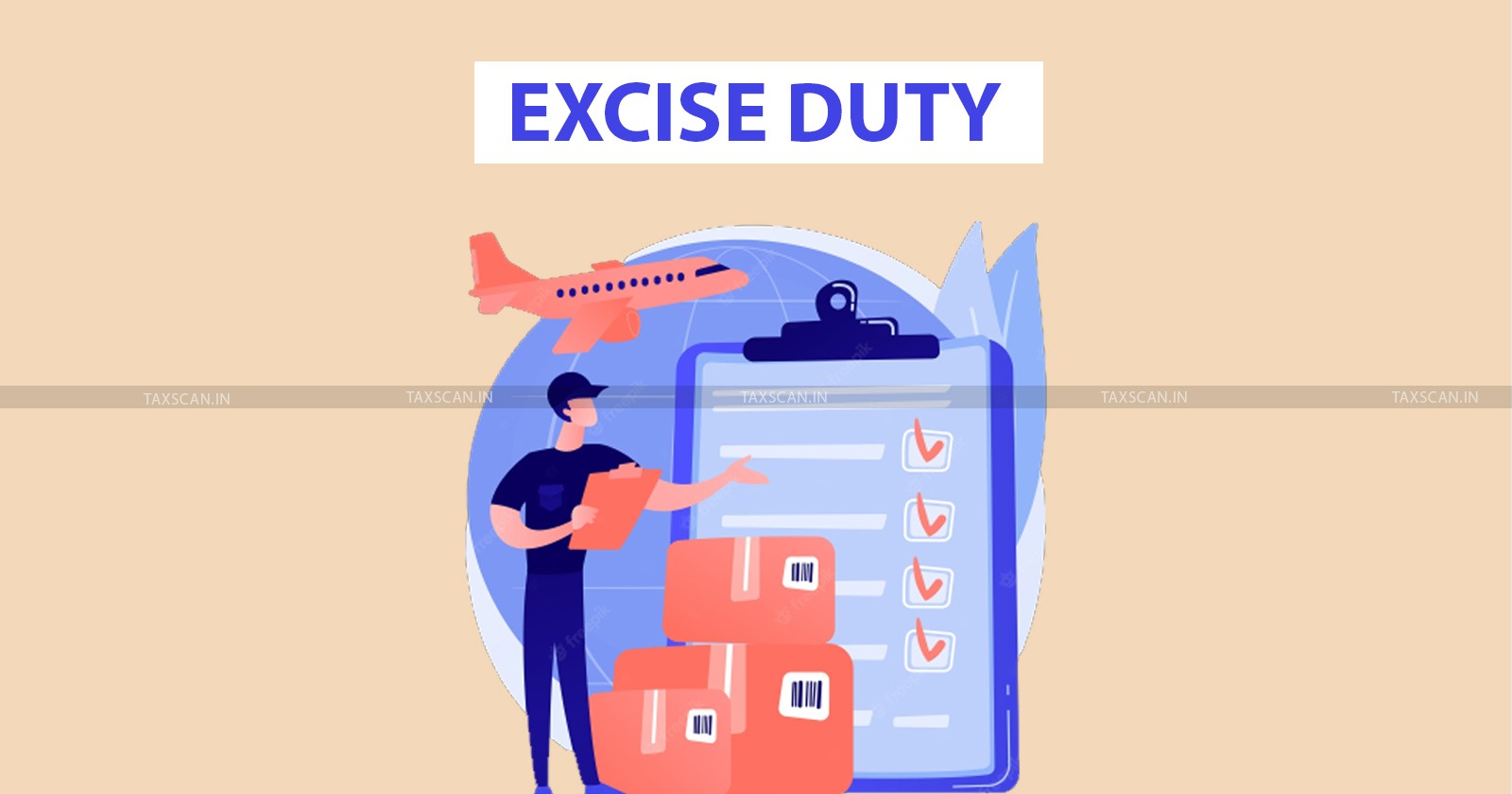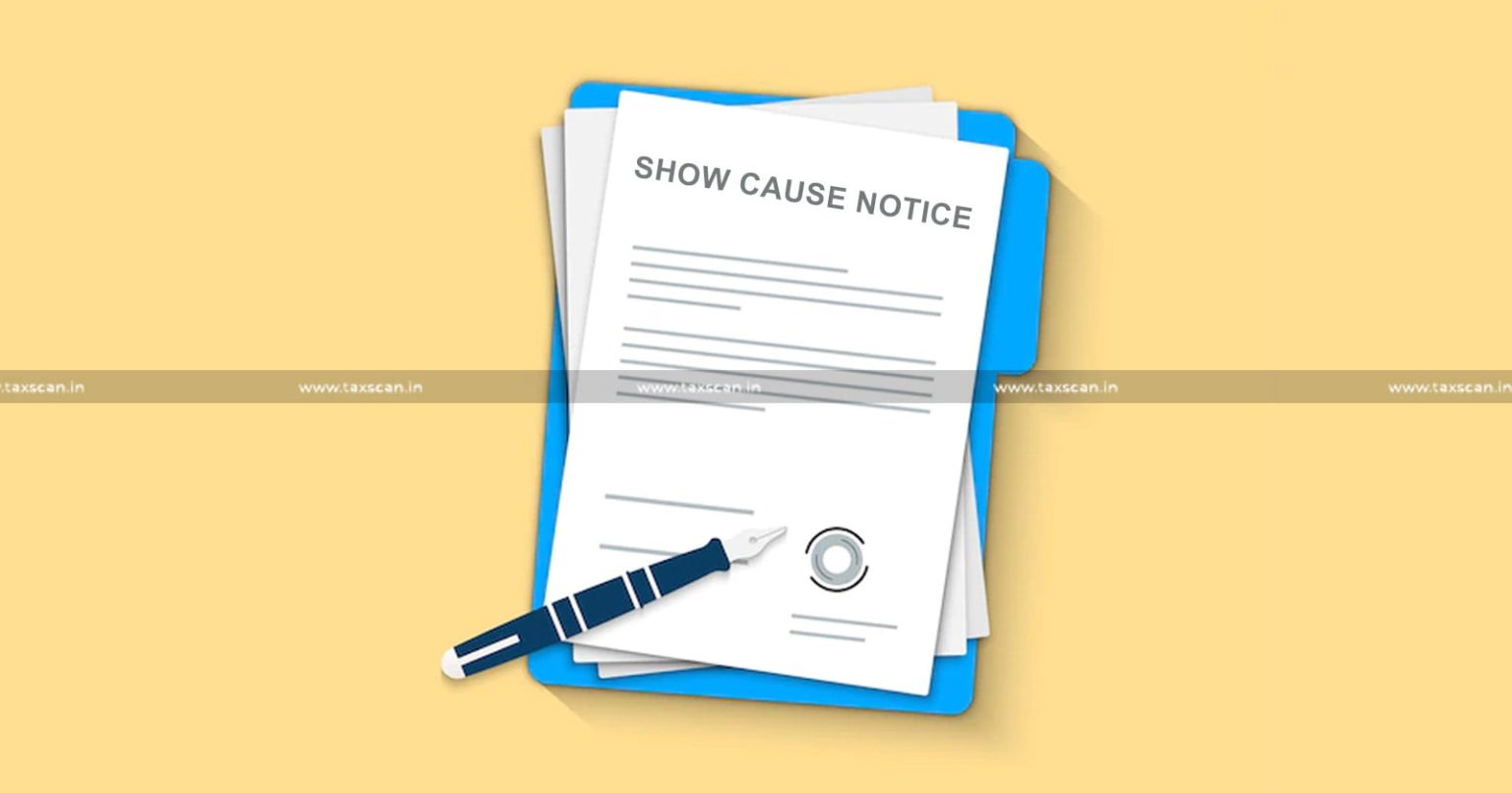Service Tax Demand Notice without Category-Wise Quantification void ab Initio: CESTAT sets Aside Order [Read Order]
The CESTAT also noted that extended limitation period cannot be invoked based on figures from audited statements already in the possession of the Revenue.
![Service Tax Demand Notice without Category-Wise Quantification void ab Initio: CESTAT sets Aside Order [Read Order] Service Tax Demand Notice without Category-Wise Quantification void ab Initio: CESTAT sets Aside Order [Read Order]](https://images.taxscan.in/h-upload/2025/10/27/2100066-service-tax-demand-taxscan.webp)
The Kolkata Bench of the Customs, Excise and Service Tax Appellate Tribunal (CESTAT) recently set aside a service tax demand raised against an assessee noting that the Show Cause Notice (SCN) raising demand lacked category-wise quantification of tax, rendering it void ab Initio
 Also Read:Taxpayer Not Entitled to Refund of Excess Excise Duty in Absence of Provisional Assessment: CESTAT [Read Order]
Also Read:Taxpayer Not Entitled to Refund of Excess Excise Duty in Absence of Provisional Assessment: CESTAT [Read Order]
The appellant entity, M/s Nirman Construction provides taxable services under the categories of “commercial or industrial construction service”, “management, maintenance or repair service” and “works contract service”.
The appellant was served a SCN dated August 9, 2010, invoking extended period of limitation, alleging non-payment of service tax between 2005–06 and 2008–09, based on discrepancies between the company’s balance sheet and ST-3 returns.
Comprehensive Guide of Law and Procedure for Filing of Income Tax Appeals, Click Here
The Department raised a demand of ₹.14,12,07,294 along with interest and penalties under Sections 76 and 78 of the Finance Act, 1994. The demand was reduced to ₹13,35,07,269 by the adjudicating authority, which has now been challenged before the Tribunal.
 Also Read:Department Barred from Reopening Settled Classification: CESTAT Upholds Claim for Exemption of Duty on Light Green Float Glass [Read Order]
Also Read:Department Barred from Reopening Settled Classification: CESTAT Upholds Claim for Exemption of Duty on Light Green Float Glass [Read Order]
Aditya Dutta, appearing for the appellant contended that the SCN was fundamentally defective as it failed to specify the taxable category under which the demand was computed, and did not quantify any of the commercial or industrial construction service, management maintenance or repair service and works contract service services that were allegedly rendered.
Referring to the Tribunal’s decision in Commissioner of Service Tax, Kolkata v. M/s. Haldia Logistics Pvt. Ltd. (2025), the Appellant argued that the annexures merely reflected total figures from accounts without breaking them down service-wise.
Additionally, the appellant further argued that the extended period of limitation was wrongly invoked since all relevant records, including balance sheets and returns were available to the Department and there was no suppression or intent to evade tax.
S.K. Dikshit, appearing for the Revenue contended that the Appellant had furnished any documentary evidence regarding utilization of materials in the services executed by them.
Get a Handbook on TDS Including TCS as Amended up to Finance Act 2024, Click Here
The Bench of Ashok Jindal (Judicial Member) and K. Anpazhakan (Technical Member) observed that a demand raised without identifying the exact service categories and quantifying tax under each head is unsustainable and void ab initio.
Referring to a similar ruling by the Delhi Tribunal in M/s. R.K. Singh & Co. v. Commissioner of Customs & Central Excise (2024), the Bench held that demand of Service Tax confirmed on the basis of such Notice is legally not sustainable.
 Also Read:Vagueness of SCN in Customs Broker Licence Revocation: Delhi HC sets aside CESTAT order [Read Order]
Also Read:Vagueness of SCN in Customs Broker Licence Revocation: Delhi HC sets aside CESTAT order [Read Order]
Accordingly, CESTAT set aside the impugned order confirming the ₹13.35 crore demand, along with interest and penalties and directed that consequential relief be granted to the appellant.
Support our journalism by subscribing to Taxscanpremium. Follow us on Telegram for quick updates


